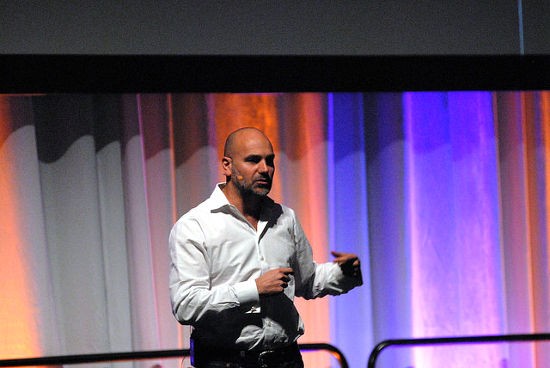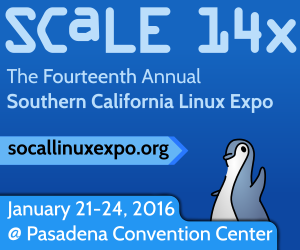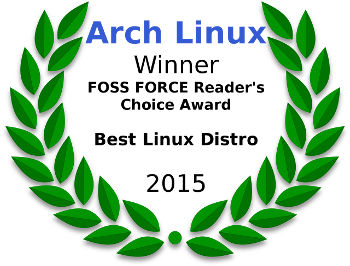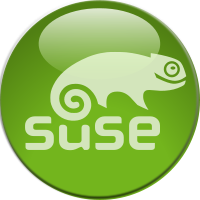I’ve been smug about it for years now. No, smug doesn’t really cover it. “Haughty” might be a closer match. Now there’s an old school word: Haughty. It was used in a time when every other sentence didn’t contain a hyperbolic term or a phrase.
“Man, that movie was awesome!”
No, that movie wasn’t awesome. It might have been extremely entertaining or thought-provoking, but it wasn’t awesome. The overwhelming swell within you when you first see the Milky Way out in the middle of nowhere with no light pollution, that is awesome. An F5 tornado rending a human body part down to slimy, unrecognizable DNA, now that’s awesome. Watching Jupiter take one for the home team here on earth, thusly avoiding an extinction-level event, that was awesome. Awesome is when you have no words or ability to say words.That’s what awesome is
Regardless of how I parse it, the fact is that as a Linux user, I felt just a wee bit sorry for my Windows brethren and probably a wee bit superior. All that chugging and churning their computers went through several times a week while their antivirus software brought their machines to their knees….
Not me. I’m a Linux user.
Ken Starks is the founder of the Helios Project and Reglue, which for 20 years provided refurbished older computers running Linux to disadvantaged school kids, as well as providing digital help for senior citizens, in the Austin, Texas area. He was a columnist for FOSS Force from 2013-2016, and remains part of our family. Follow him on Twitter: @Reglue






 Linux Foundation adopts plantation model: The biggest FOSS story this week came on Wednesday when free software activist and Linux kernel developer Matthew Garrett made public that on last Friday the Linux Foundation had
Linux Foundation adopts plantation model: The biggest FOSS story this week came on Wednesday when free software activist and Linux kernel developer Matthew Garrett made public that on last Friday the Linux Foundation had 


 Is Ubuntu the new Novell? It probably wasn’t news to anybody when Microsoft failed to renew it’s deal with SUSE when it expired at year’s end. Many with long memories will remember that way back when SCO was still a viable company, Microsoft inked a deal with Novell, which was then the proud new owner of the SUSE Linux distro. Among other things, the deal gave SUSE users a free pass against getting sued by Microsoft for infringing any of its patents. As part of the deal, Microsoft purchased tons and tons of SUSE support contracts to sell to enterprise customers who might need to keep a Linux machine or two running, which were reportedly given away. Mainly, Microsoft was using SUSE as its official Linux distro, and as a testing ground for Microsoft’s attempts to get Windows to work and play well with Linux.
Is Ubuntu the new Novell? It probably wasn’t news to anybody when Microsoft failed to renew it’s deal with SUSE when it expired at year’s end. Many with long memories will remember that way back when SCO was still a viable company, Microsoft inked a deal with Novell, which was then the proud new owner of the SUSE Linux distro. Among other things, the deal gave SUSE users a free pass against getting sued by Microsoft for infringing any of its patents. As part of the deal, Microsoft purchased tons and tons of SUSE support contracts to sell to enterprise customers who might need to keep a Linux machine or two running, which were reportedly given away. Mainly, Microsoft was using SUSE as its official Linux distro, and as a testing ground for Microsoft’s attempts to get Windows to work and play well with Linux.


 But this incident wasn’t to be pushed aside. The emails started coming in faster and faster, until I acknowledged that I had a real problem.
But this incident wasn’t to be pushed aside. The emails started coming in faster and faster, until I acknowledged that I had a real problem.